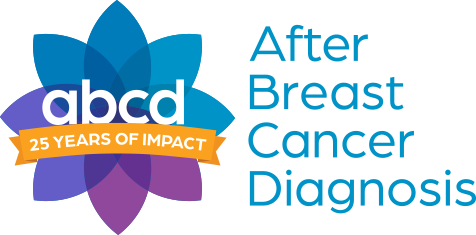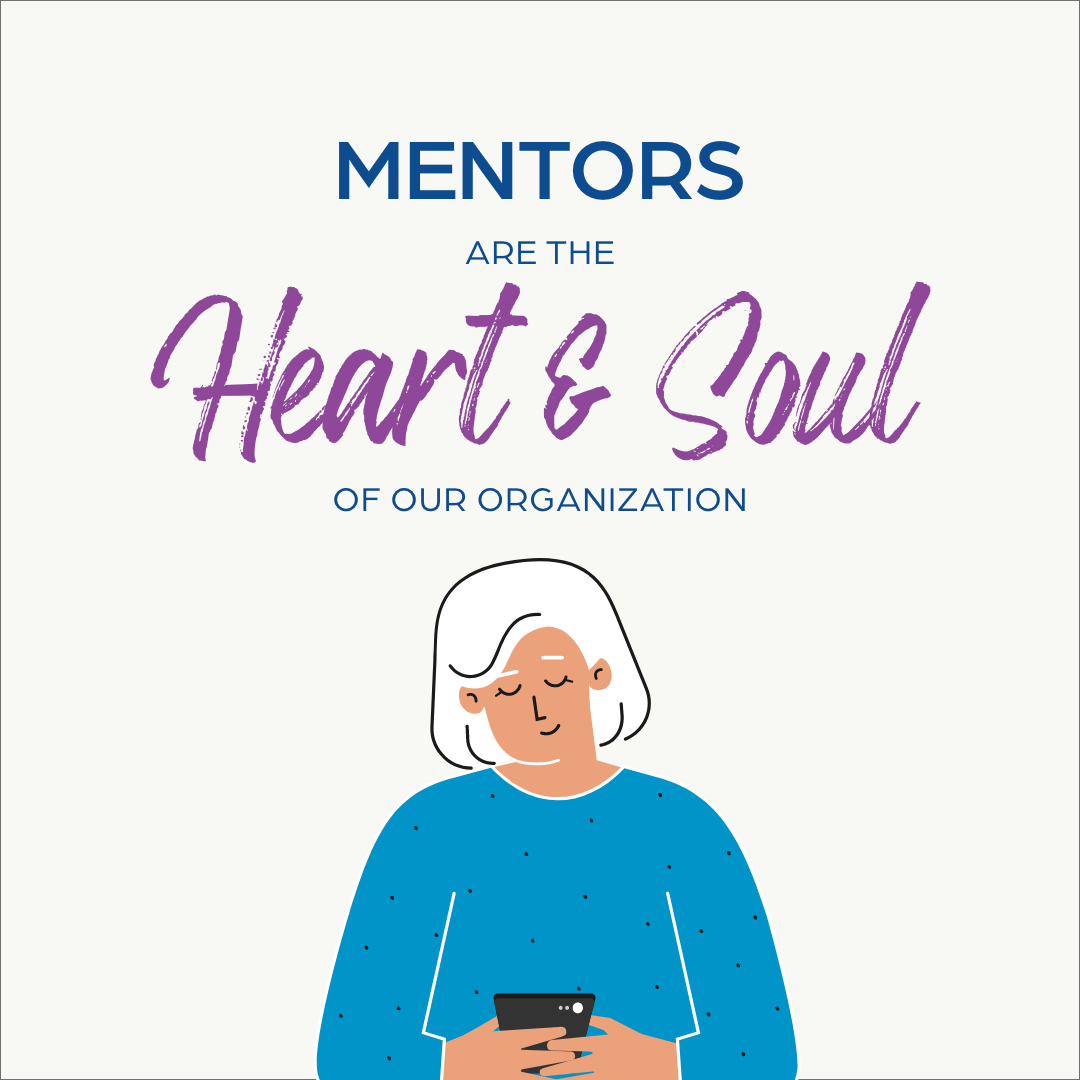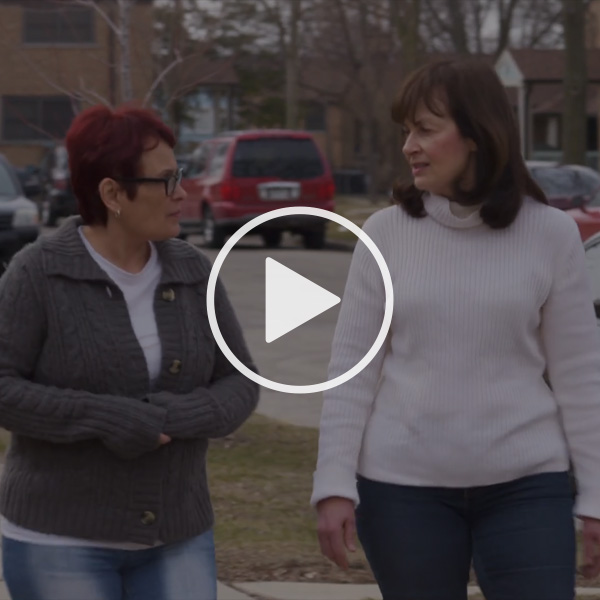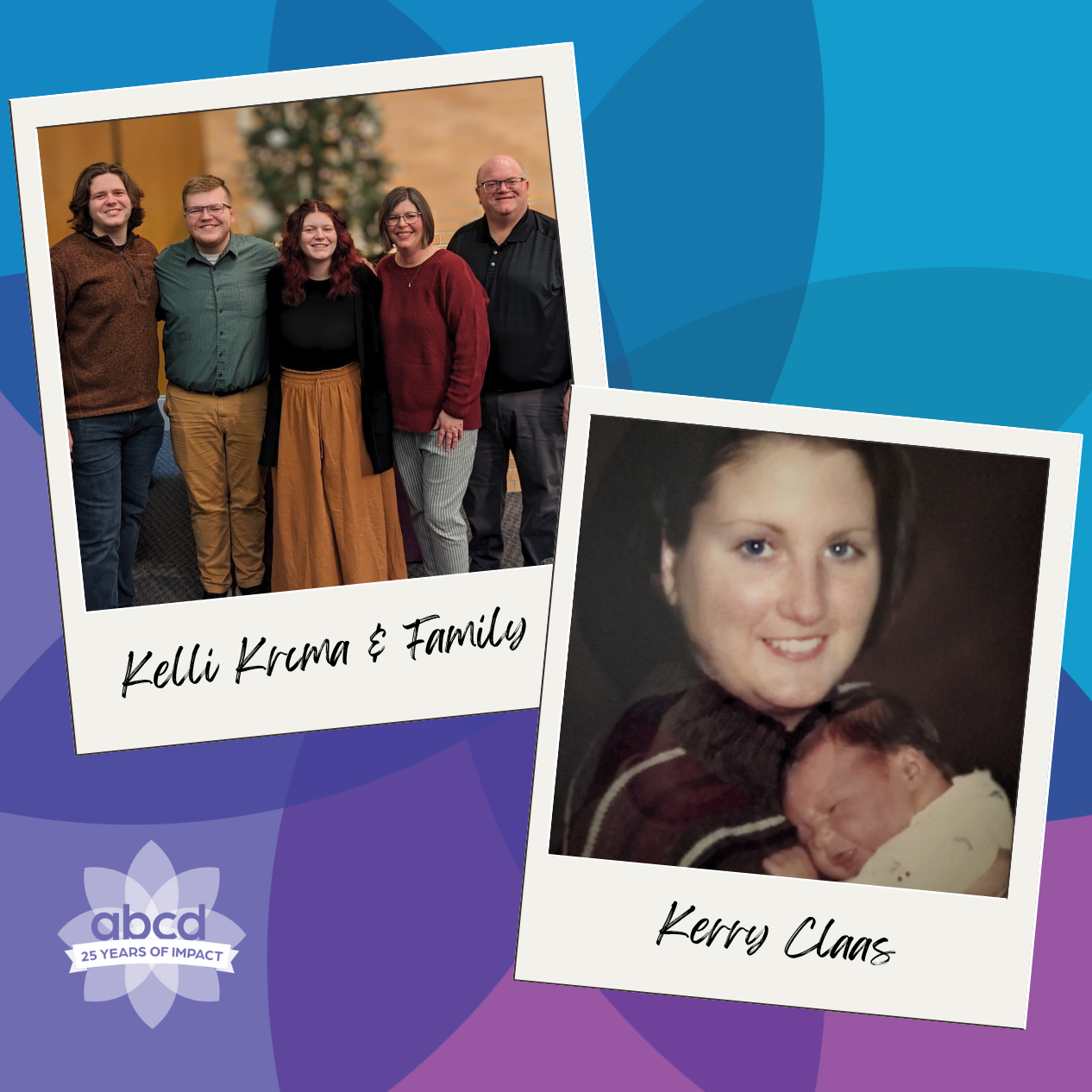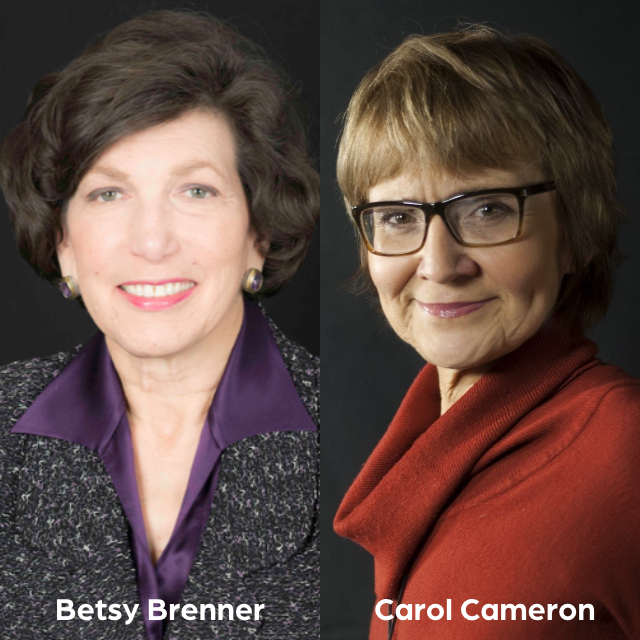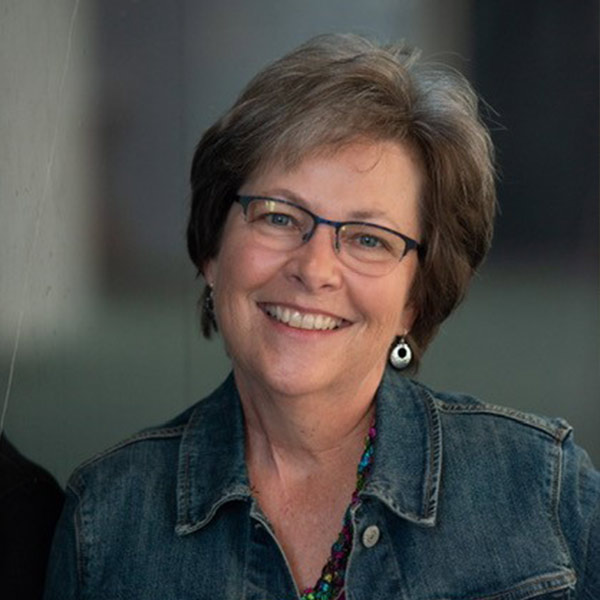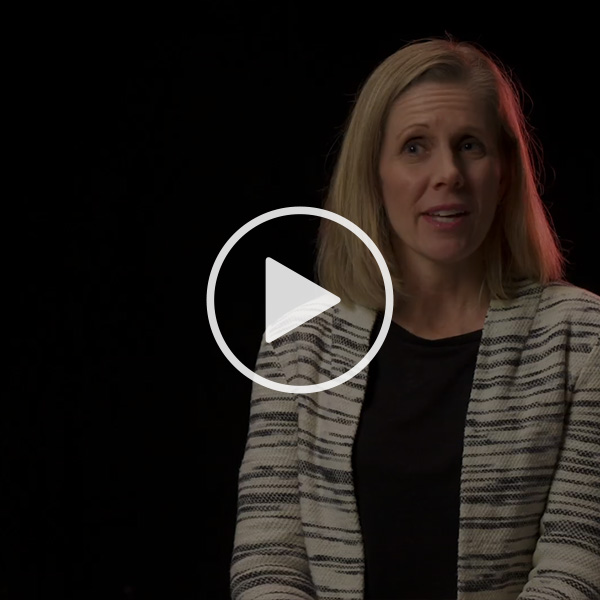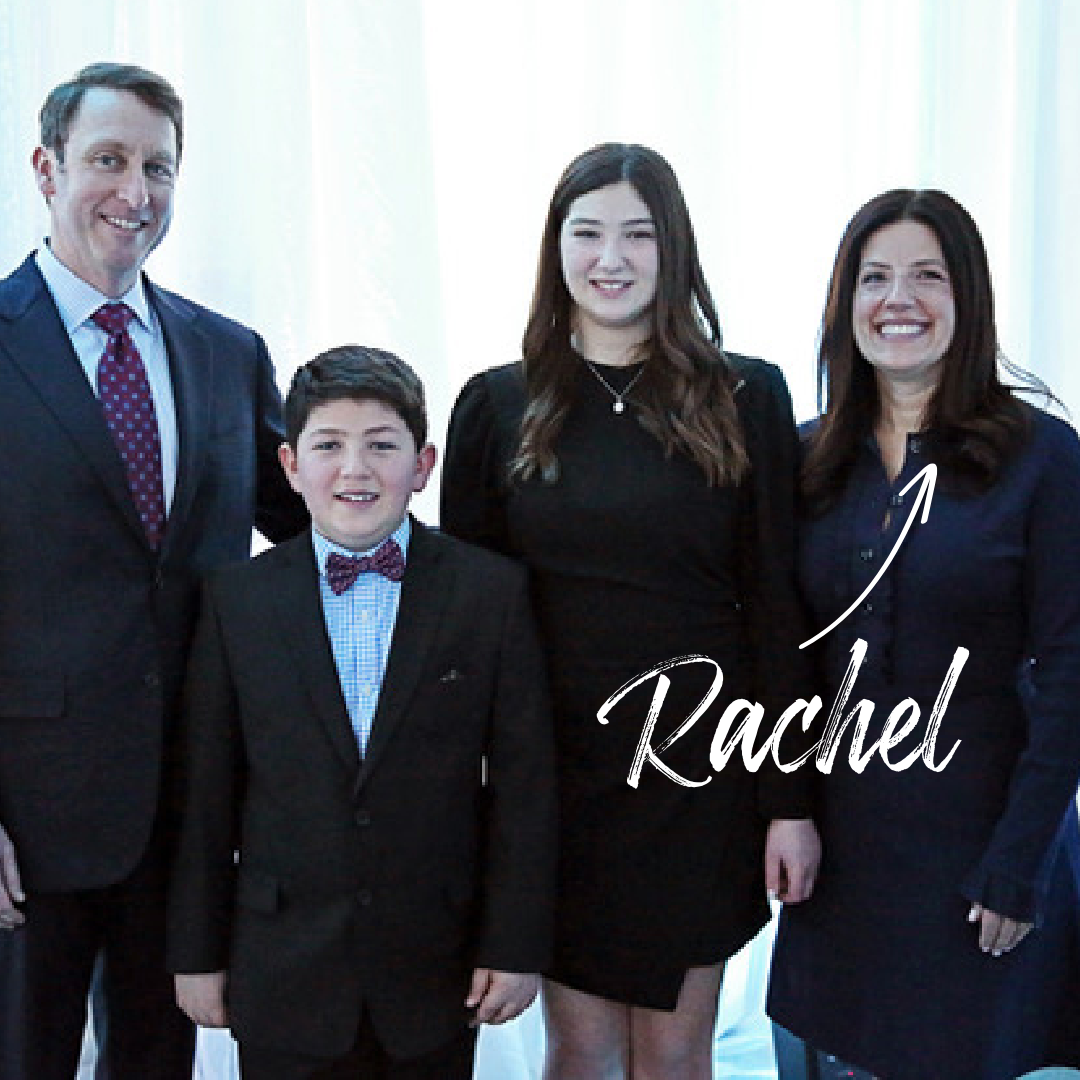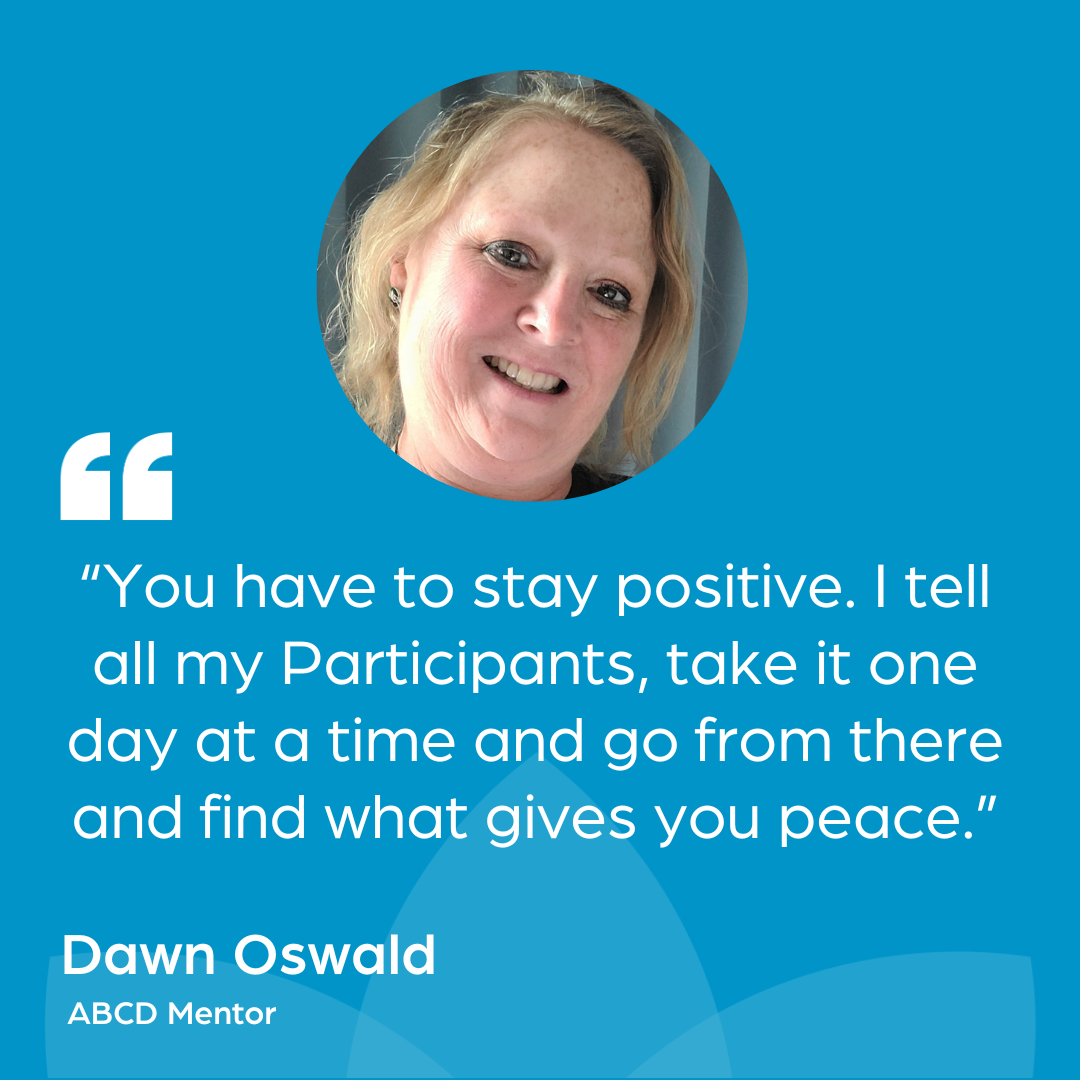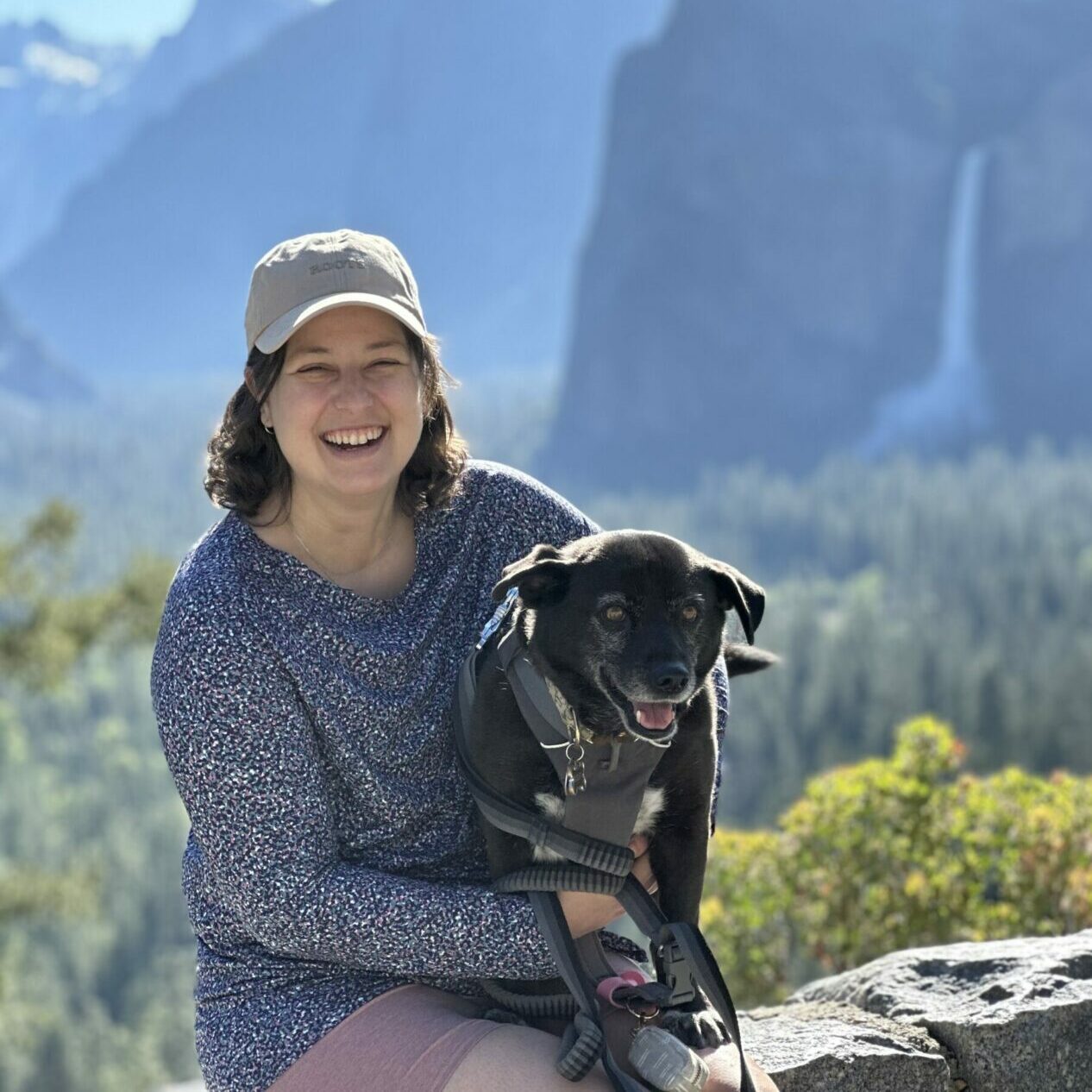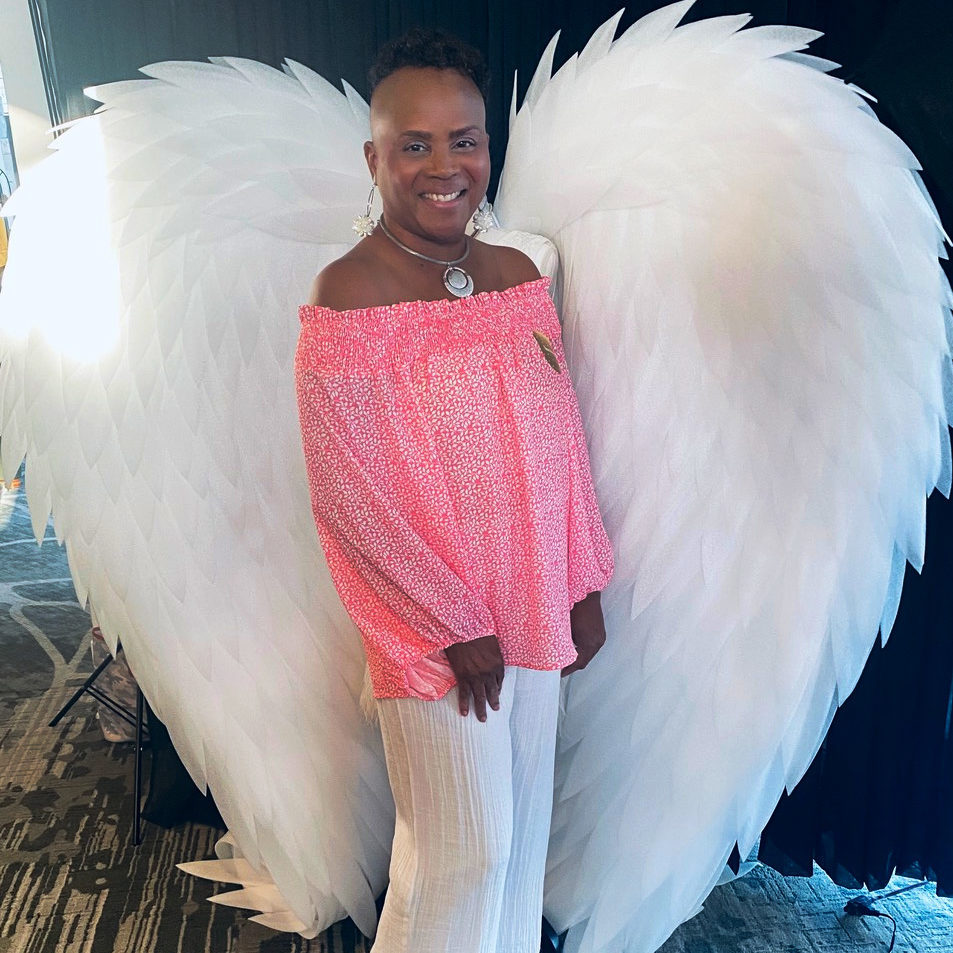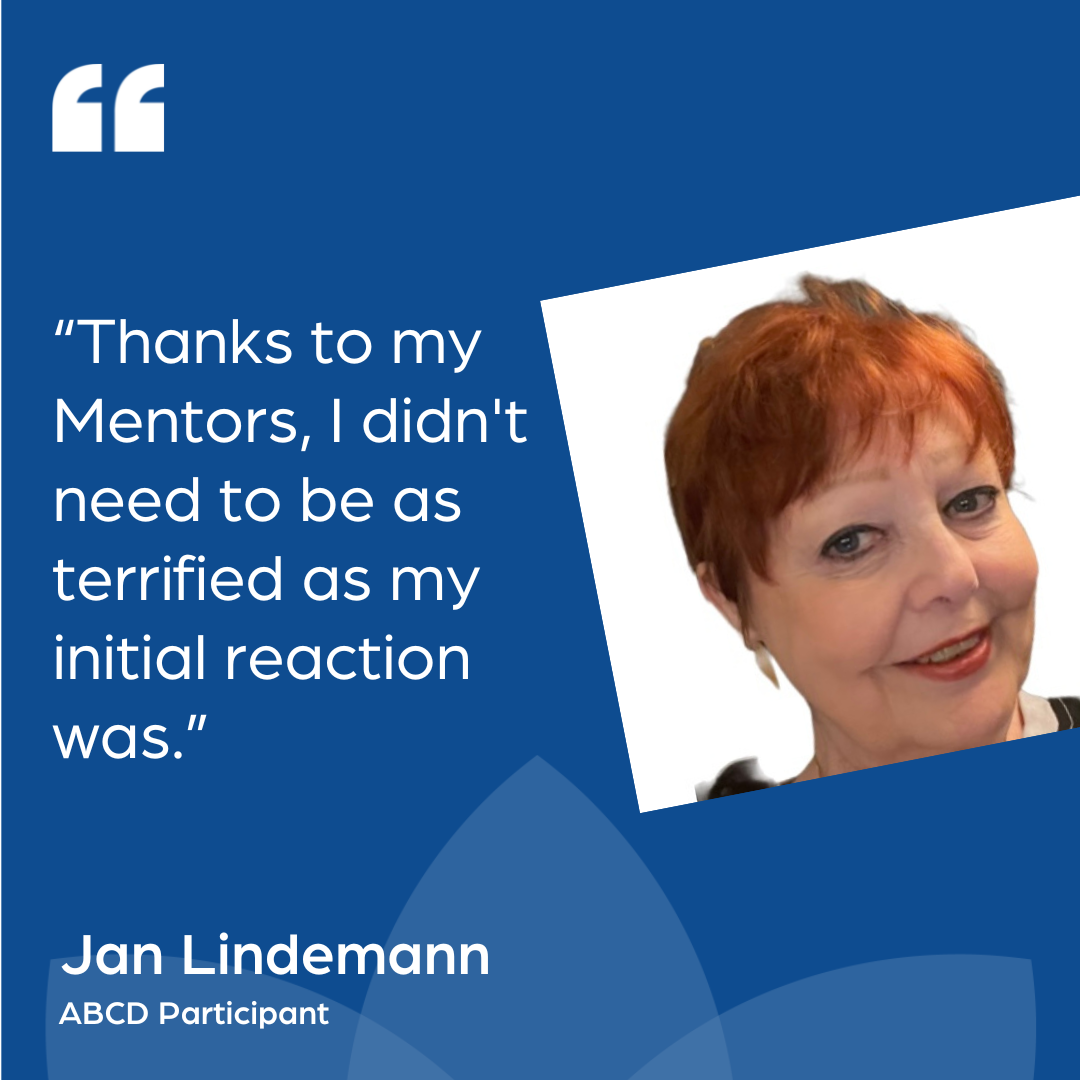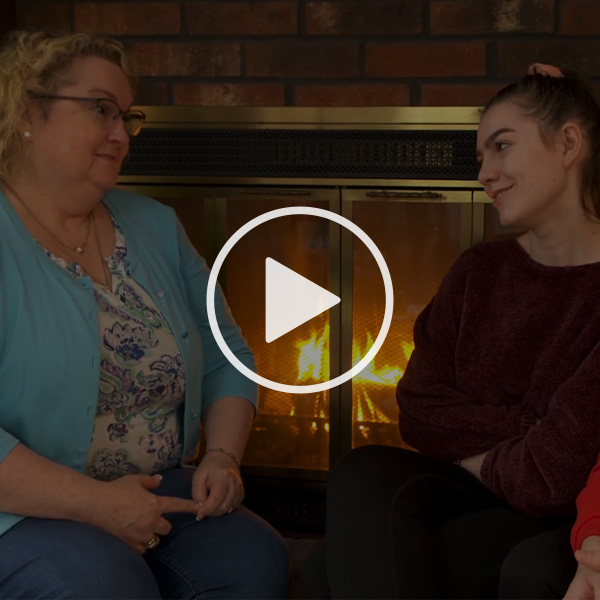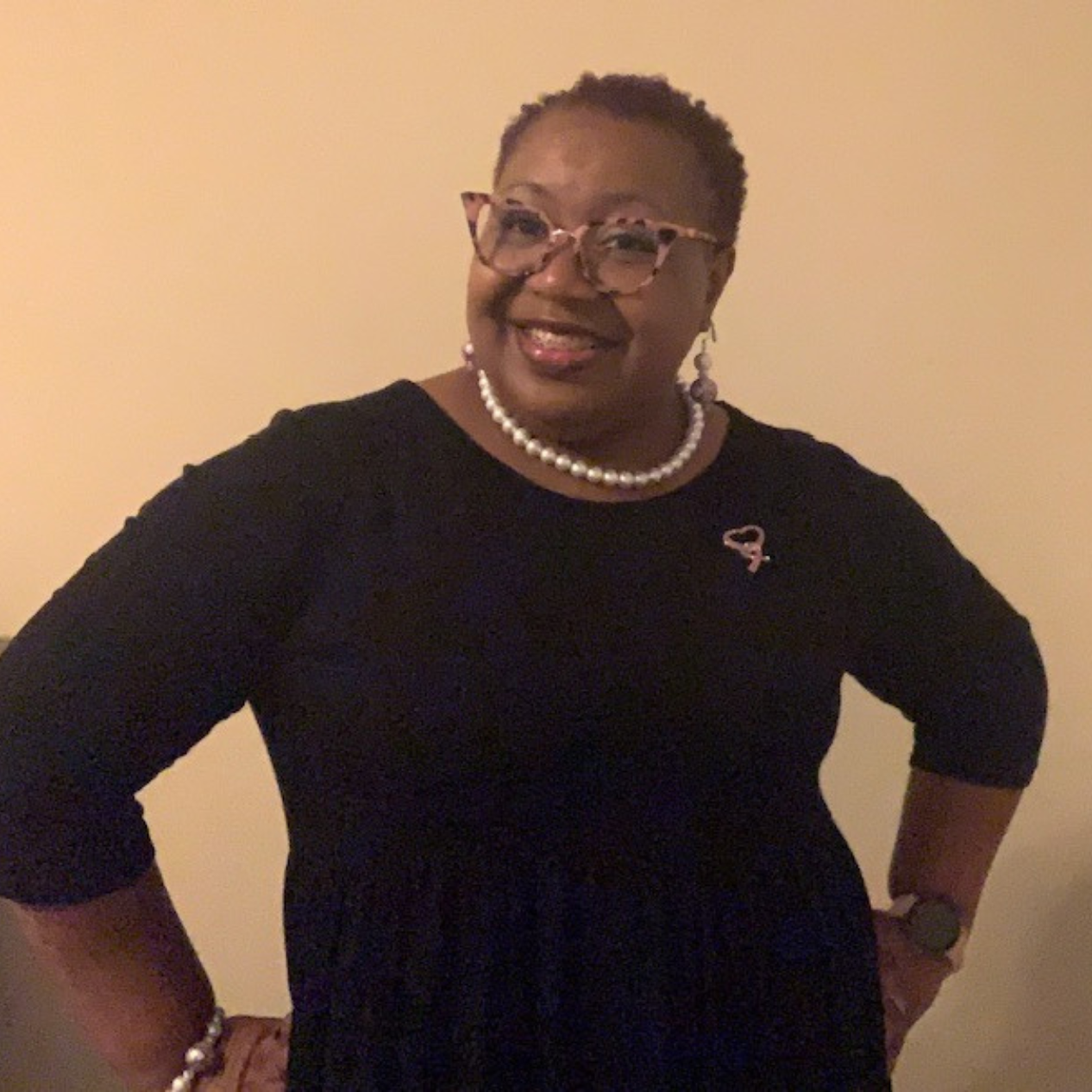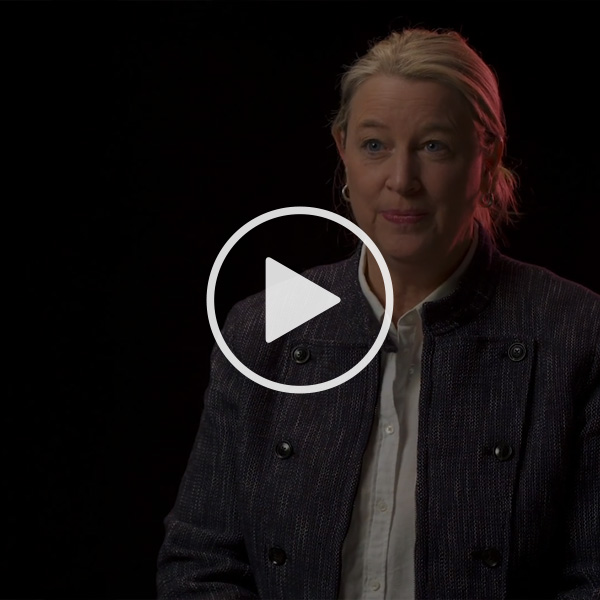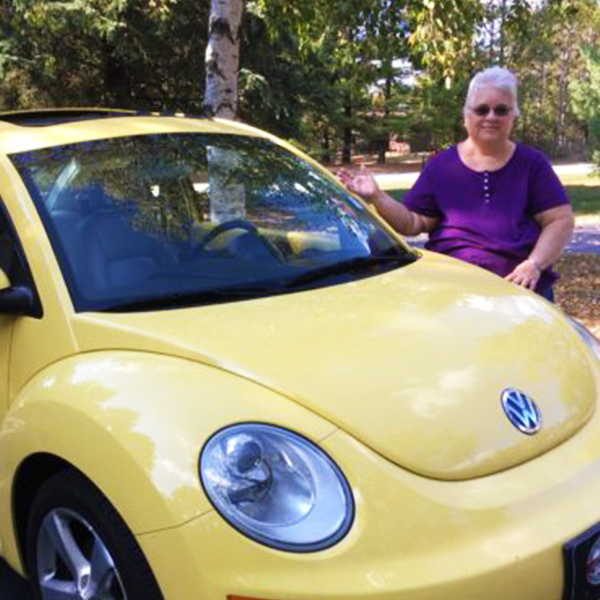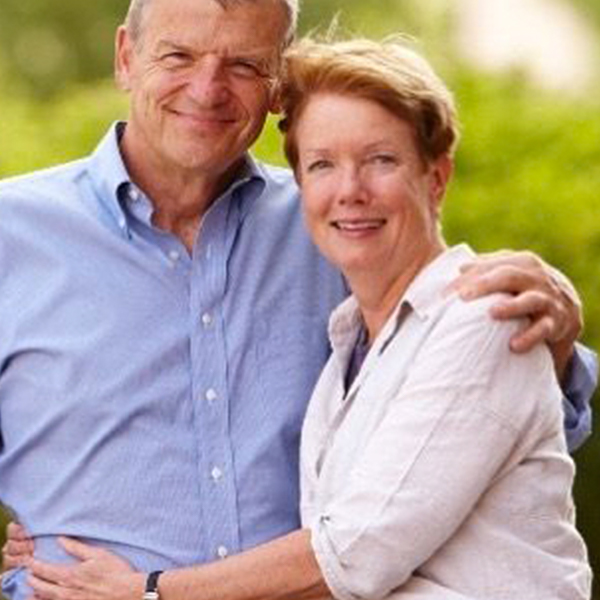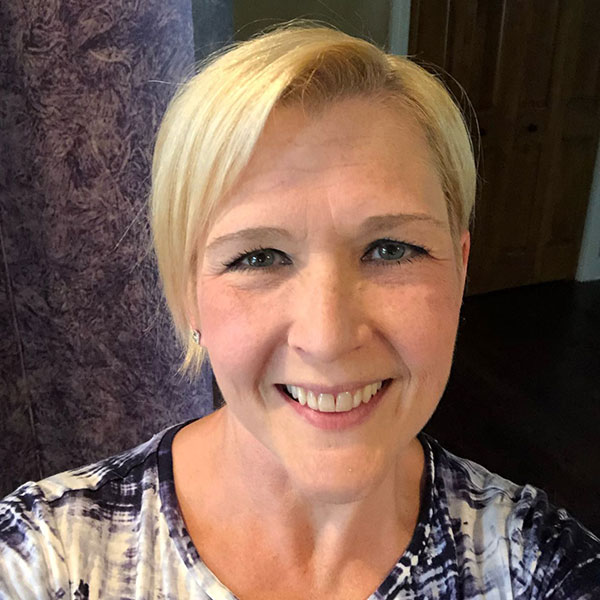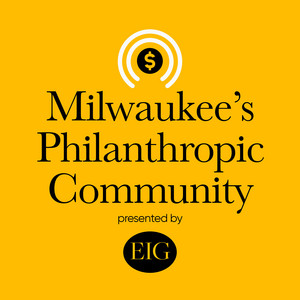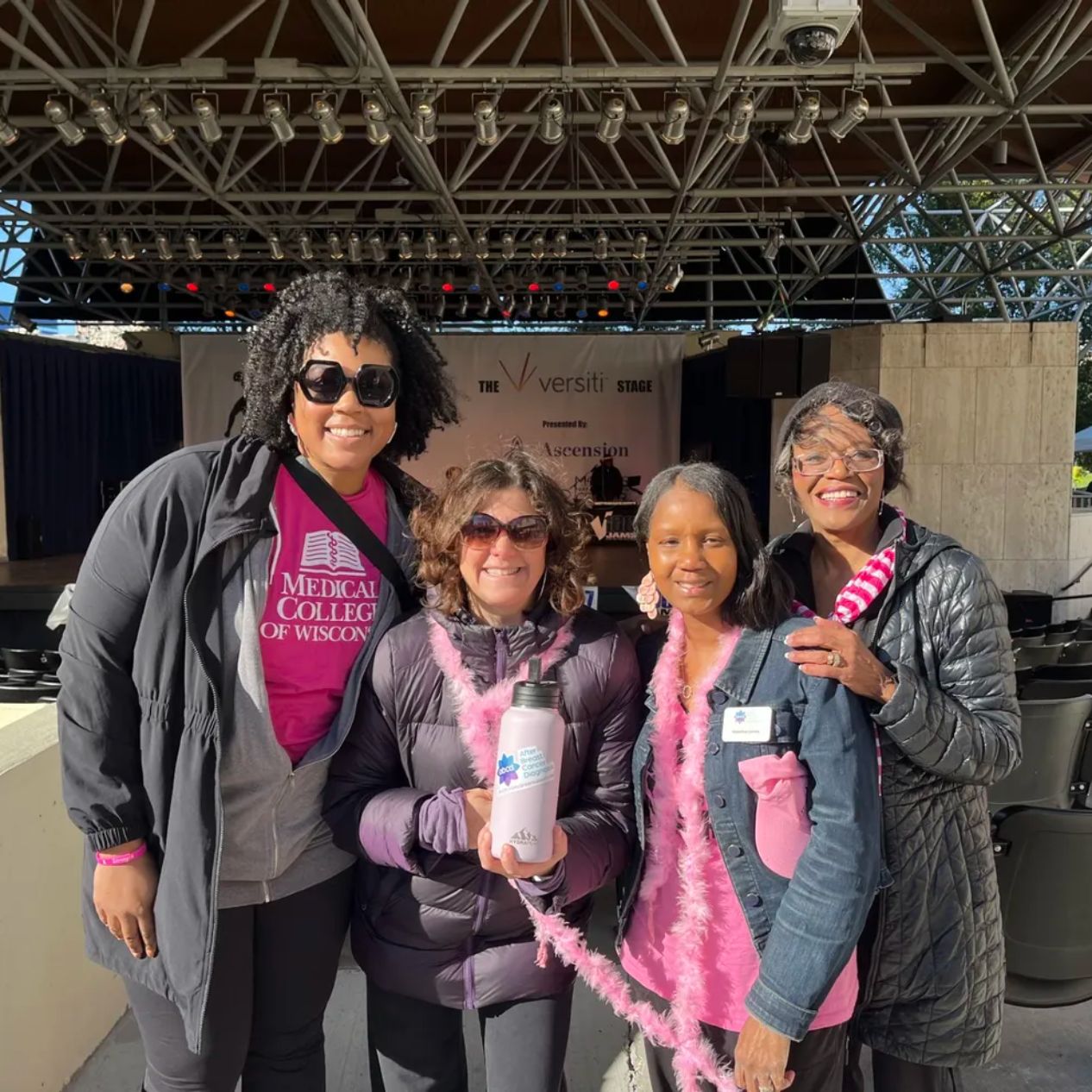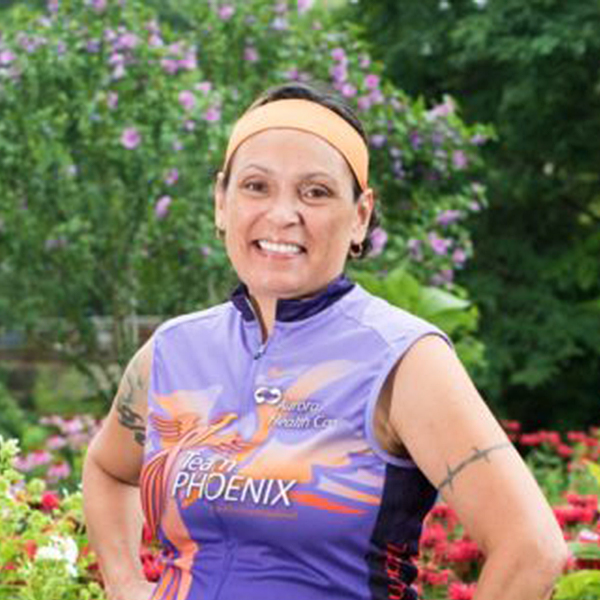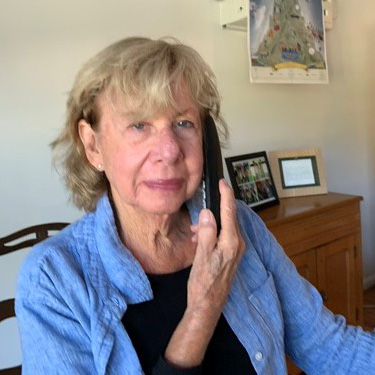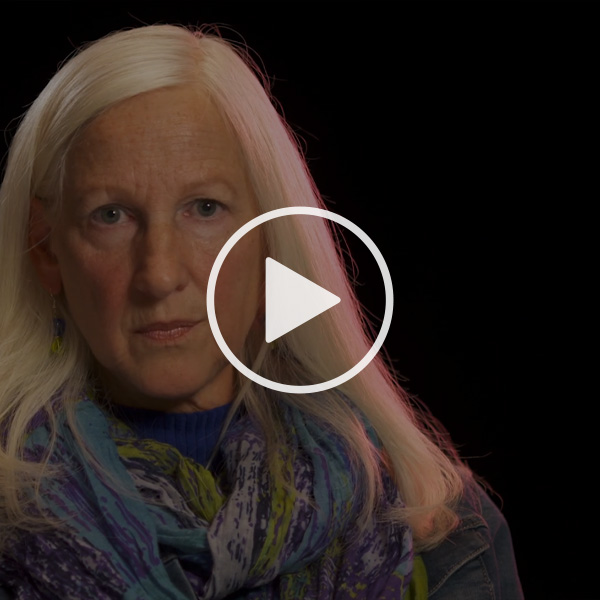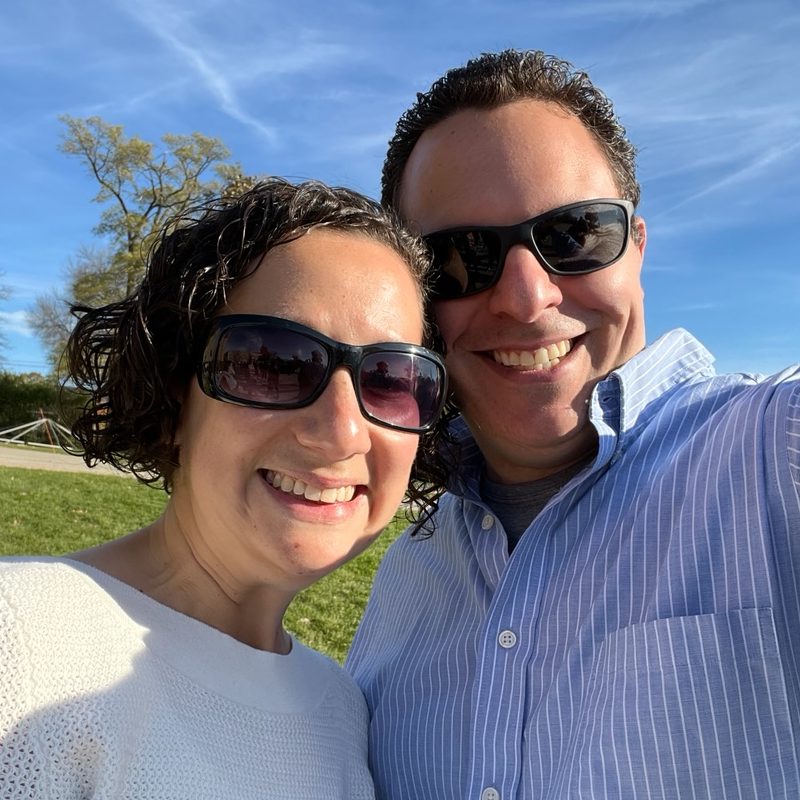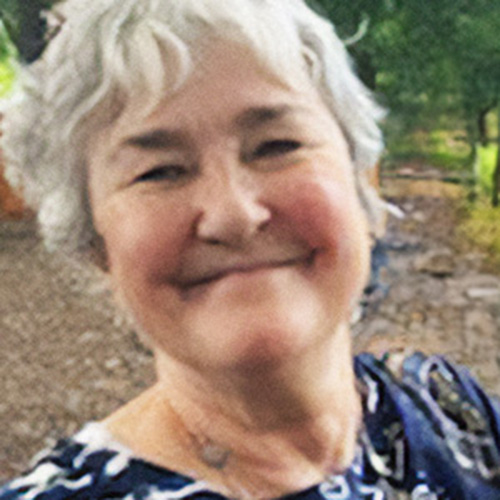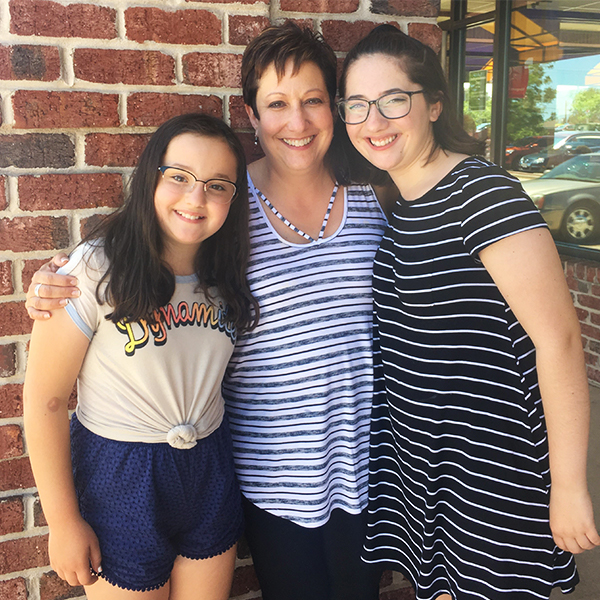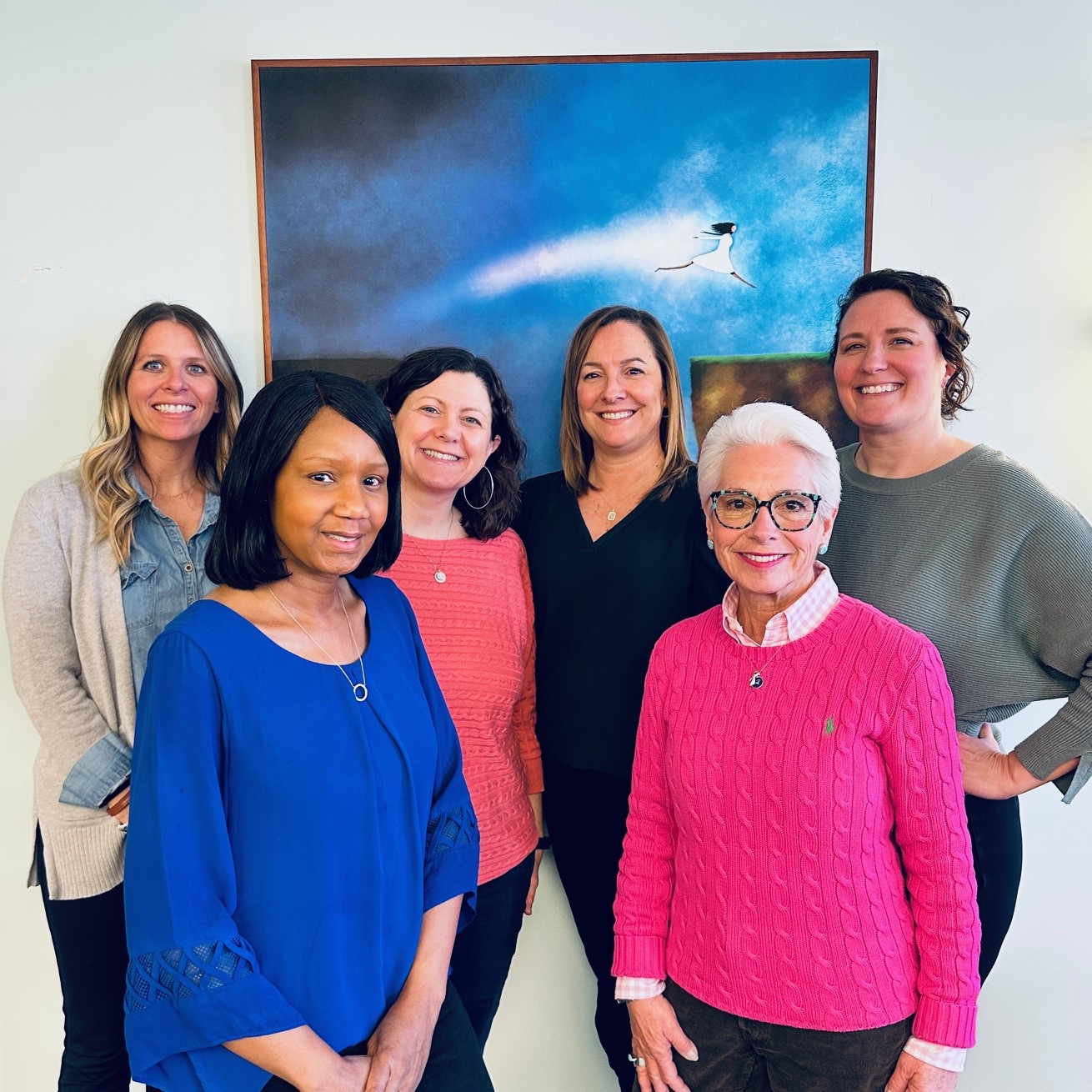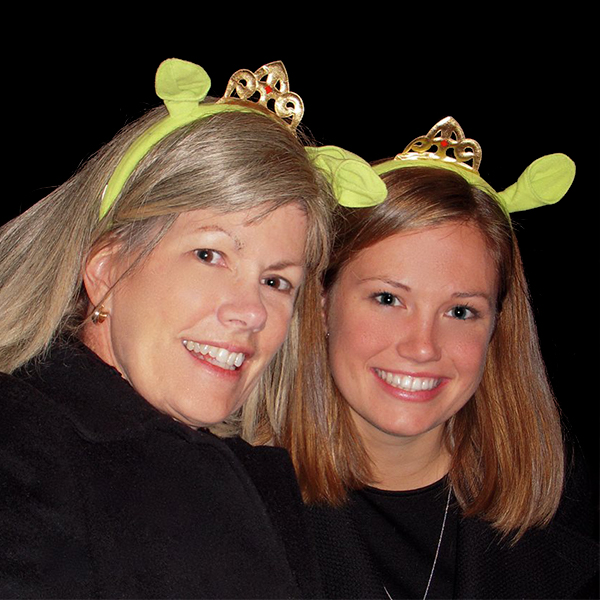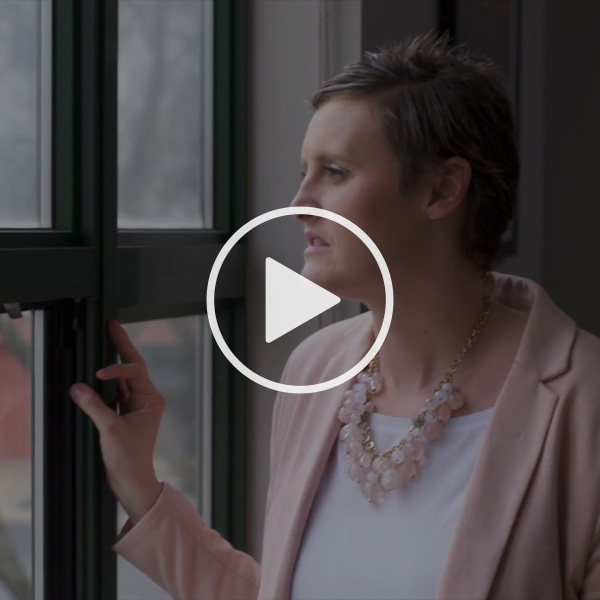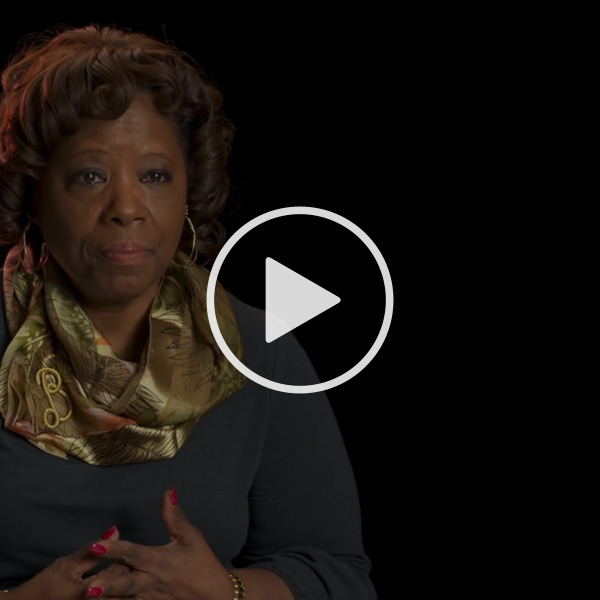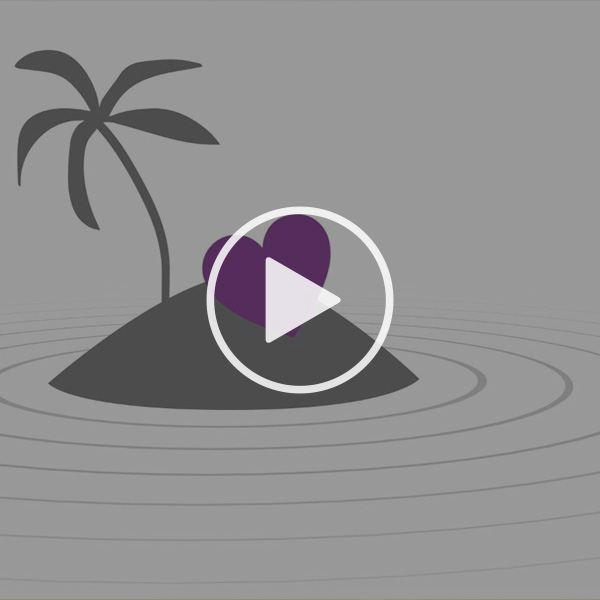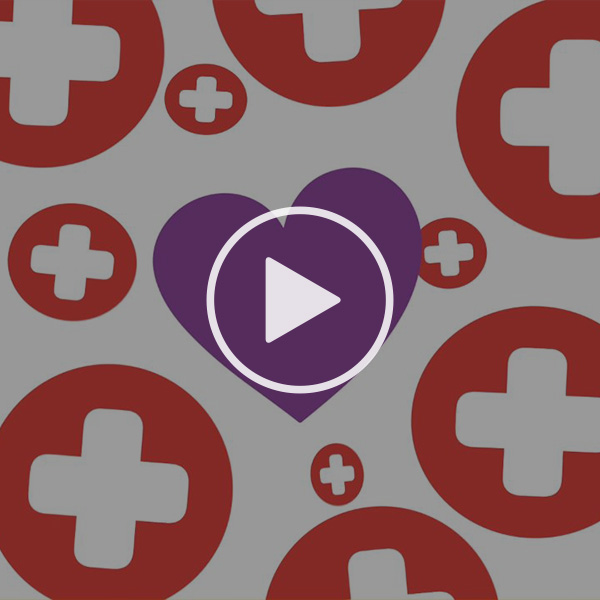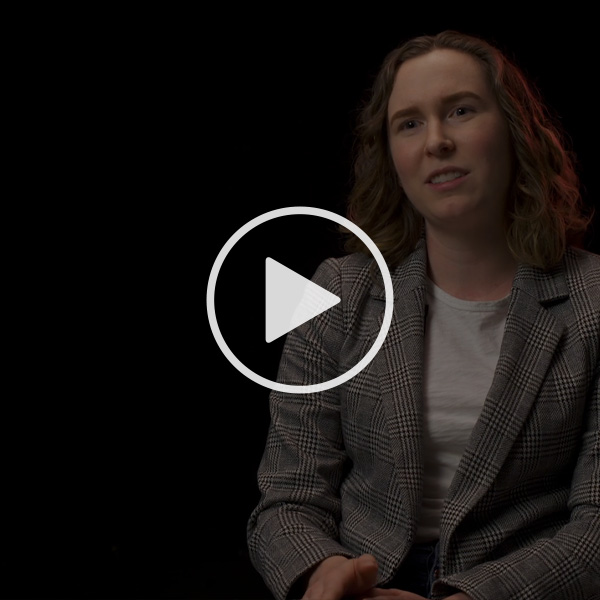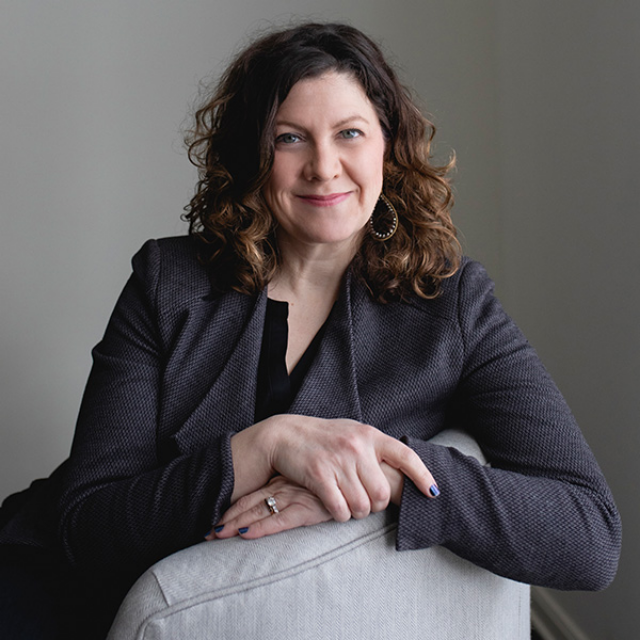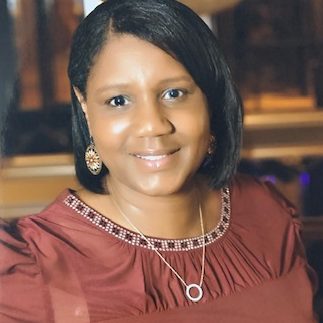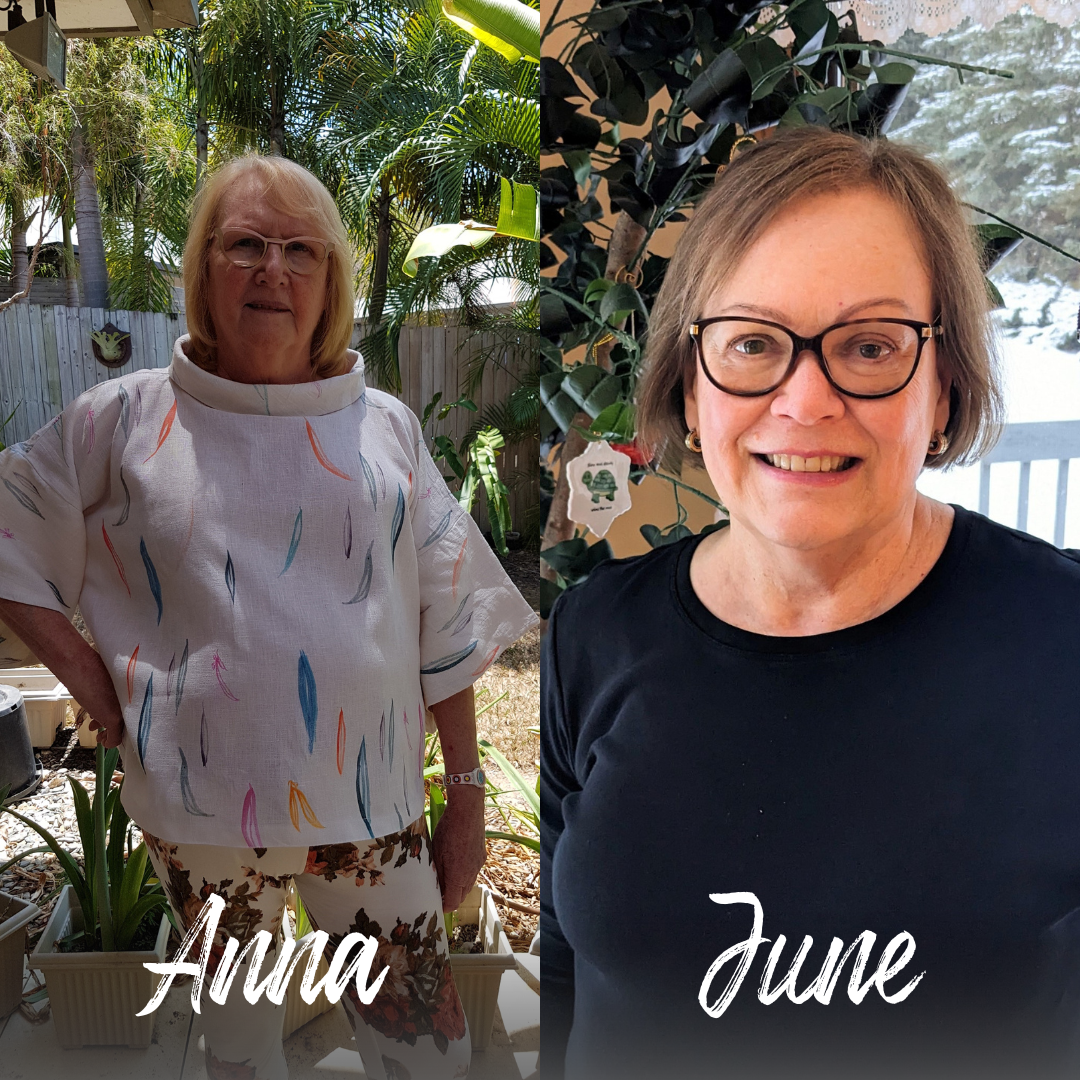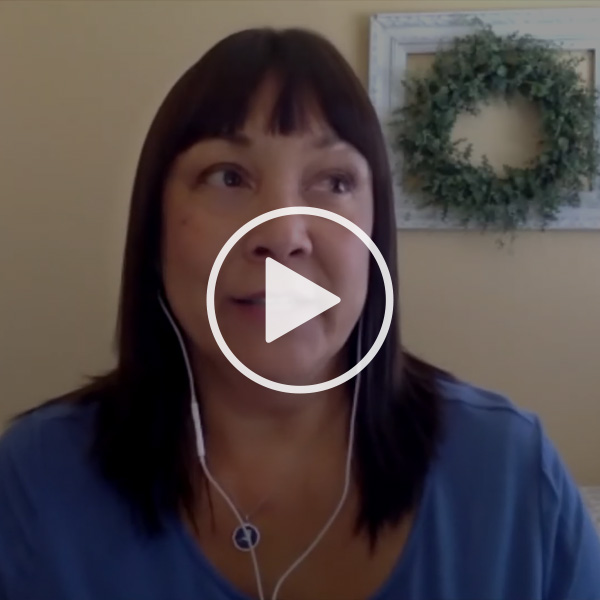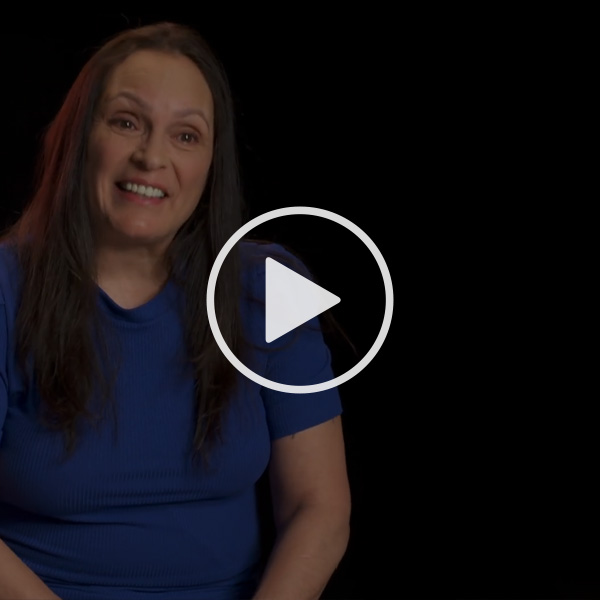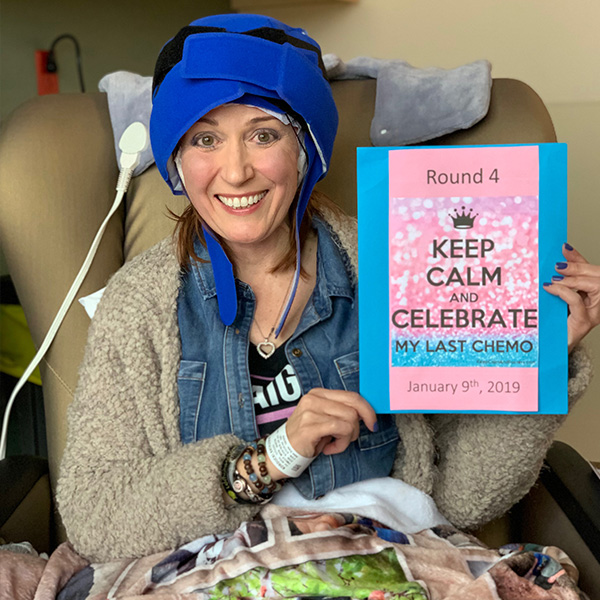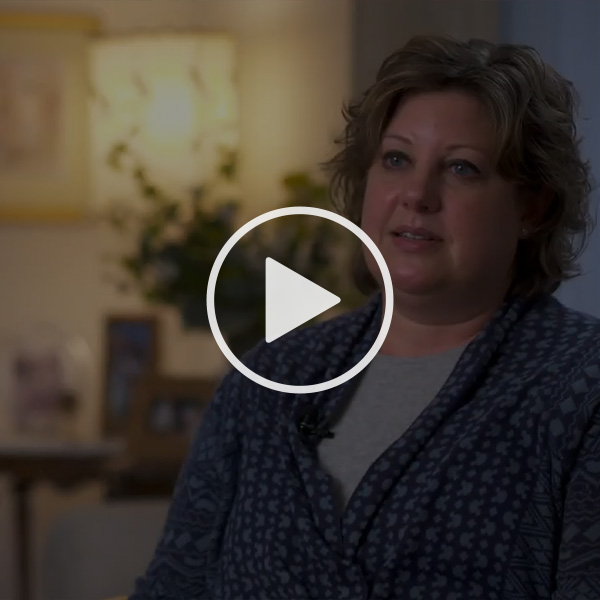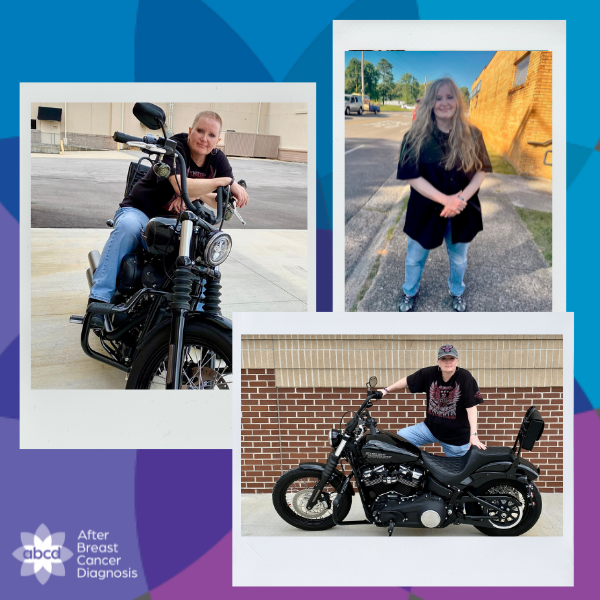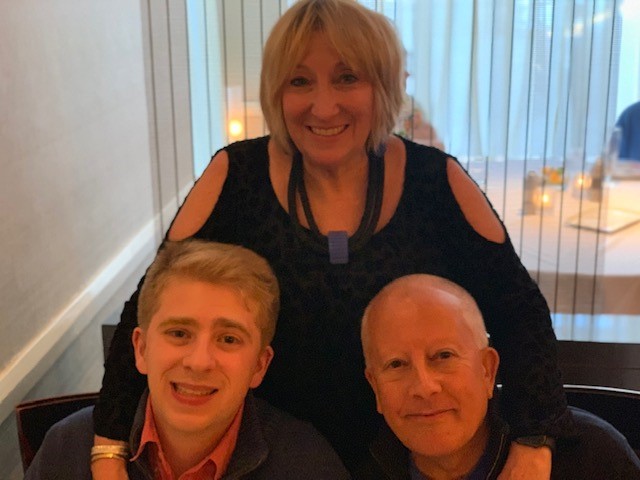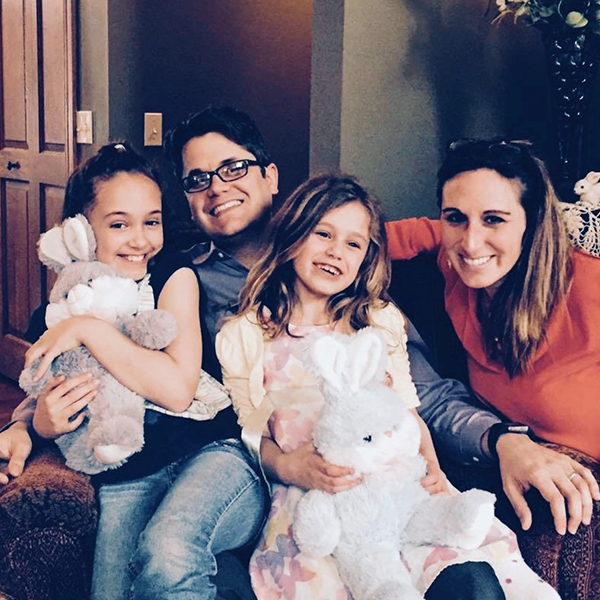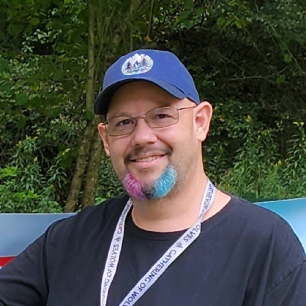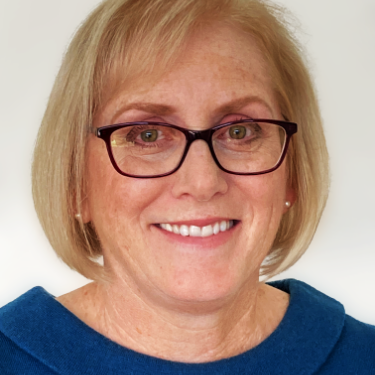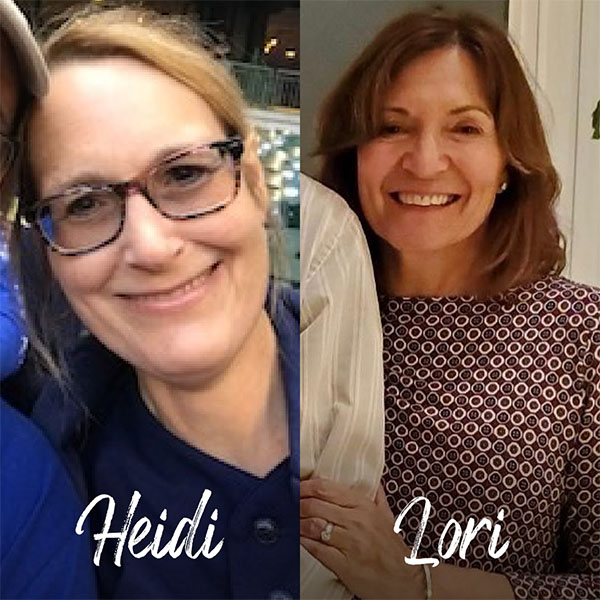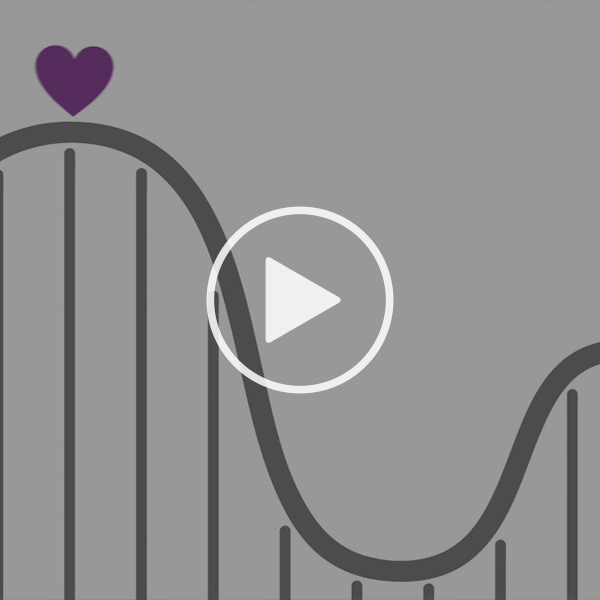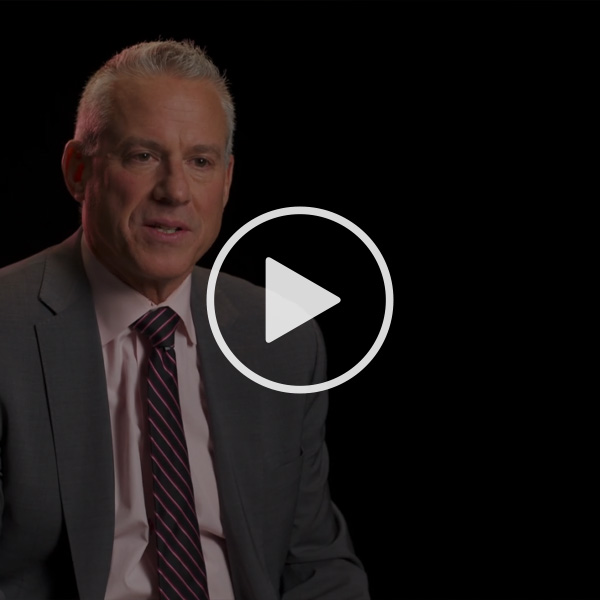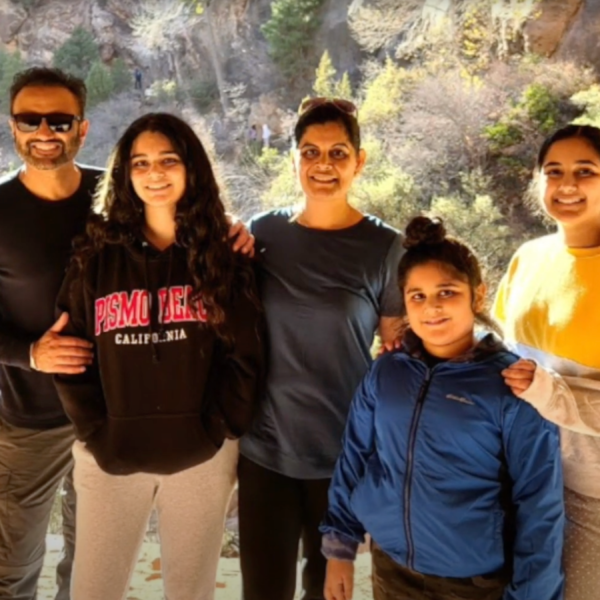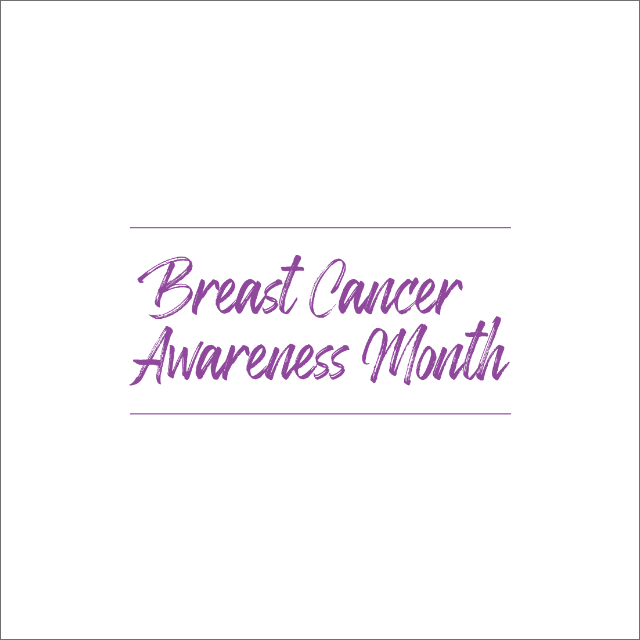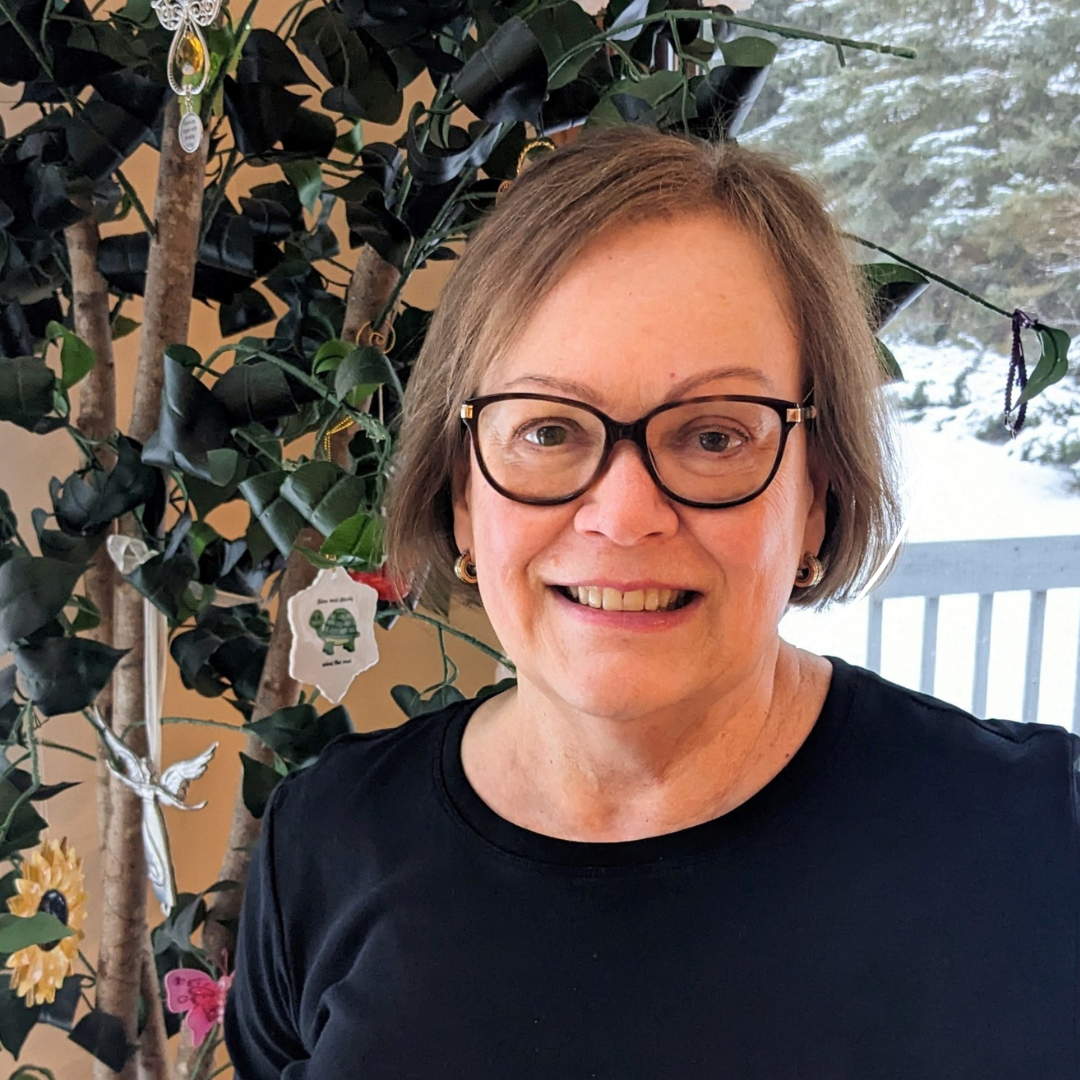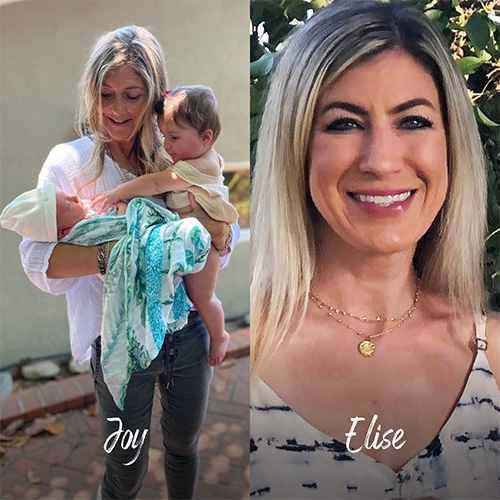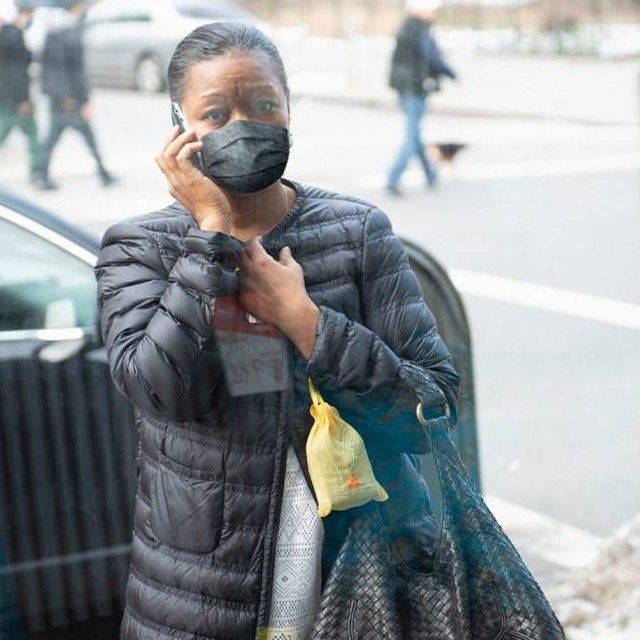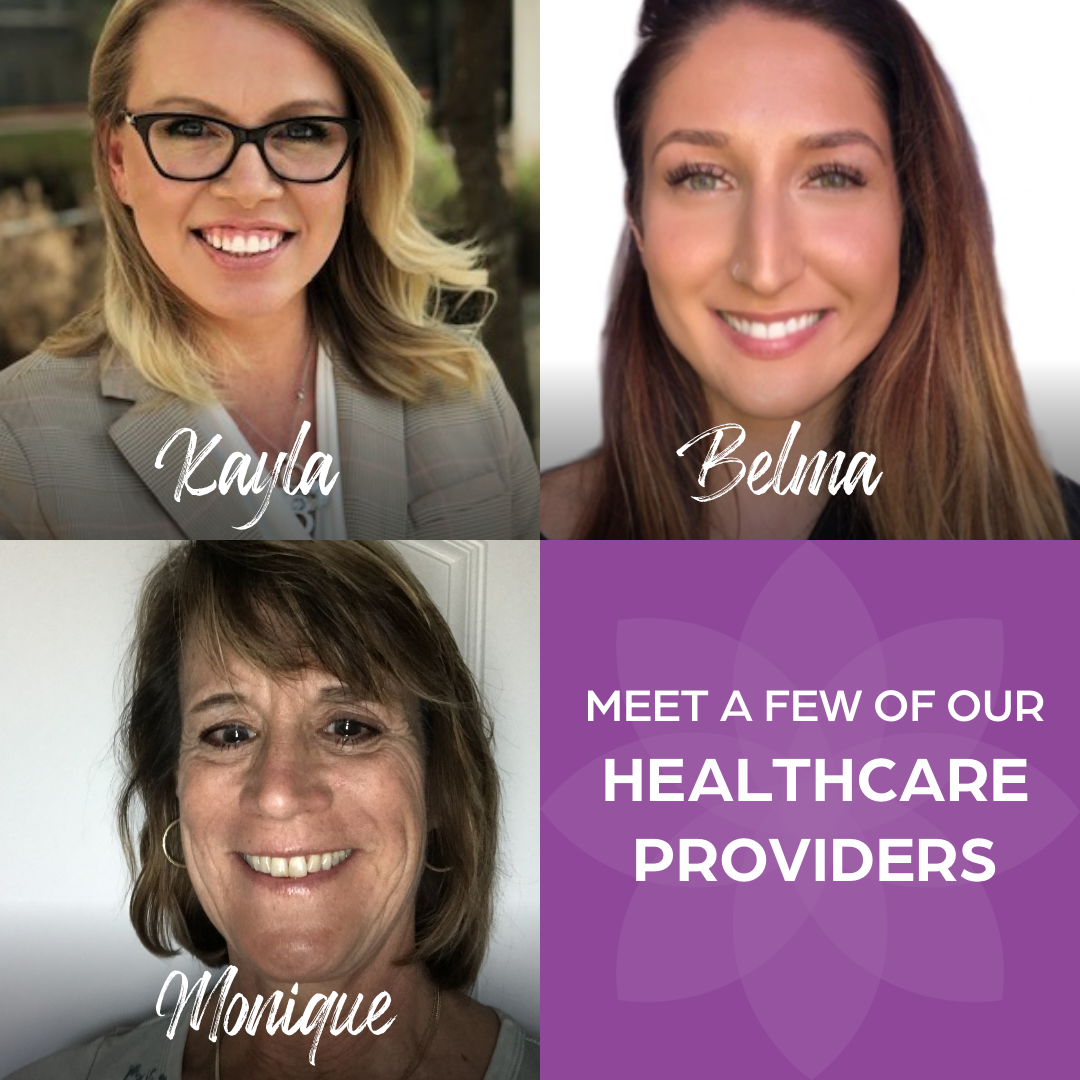
Healthcare Providers Help Patients Find Support on Their Journeys
— By Gina Rich
June 9, 2022
Following a breast cancer diagnosis, healthcare providers focus on ensuring patients understand the next steps and receive prompt treatment. But patients also need emotional support – and healthcare providers play a vital role in connecting them with the right resources.
“There are so many resources out there for breast cancer patients,” says Kayla Byrd, an Oncology Nurse Navigator at the Baptist Network for Cancer Care in Texas. Figuring out where to turn for guidance and what information to prioritize is “overwhelming and daunting,” she says. If you don’t have friends or family who went through the same diagnosis, navigating the experience yourself is even more challenging.
A Resource in the Toolbox
ABCD: After Breast Cancer Diagnosis is a “very important tool in our toolbox to offer patients,” says Monique Swiecichowski, a Cancer Nurse Navigator at Aurora Sinai Medical Center in Milwaukee. ABCD’s professionally trained volunteer Mentors provide 1:1, customized emotional support when patients need it most – whether that is immediately after diagnosis, during treatment, or beyond.
Monique offers ABCD as a resource throughout her patients’ cancer journeys. “Sometimes at first, it’s so overwhelming that [patients] really don’t want to talk to anybody,” she says. But once people have had time to process a diagnosis, they’re often more willing to seek support.
Knowing that ABCD is there for anyone who needs it helps healthcare providers feel supported, too. When she reaches out to newly diagnosed patients to offer support and help them understand next steps, Kayla knows the conversations won’t be easy. Having a resource like ABCD “kind of helps us cushion the blow” of talking through difficult news, she says. It means being able to reassure patients that they’re not alone.
Belma Ceric, a Registered Nurse with Novant Health Breast Surgery in Greensboro, North Carolina, says her patients respond positively when she tells them about ABCD. The idea of talking with someone who has been through a similar journey and is on the other side of things gives patients hope, she says.
The non-clinical support Mentors provide is critical, agrees Monique. “I appreciate the training that the Mentors get, and the understanding that they’re not there to offer medical advice, but to offer support.”
With a Mentor, It’s Different
Healthcare providers emphasize that ABCD’s Mentor services are helpful even for patients who already have a good support network in place. Family, friends, and therapists are wonderful, but “it’s much more relatable to patients when they are paired with a Mentor,” says Belma, who encourages all of her patients to connect with ABCD. She appreciates how accessible Mentor support is. “It’s just a phone call away.”
Even if patients feel like they’re doing okay emotionally, talking with someone who has been down the same road can provide perspective and hope. “I just think that it’s important for them to at least hear about someone else’s journey,” says Monique.
ABCD is grateful to all of its healthcare provider partners for helping to ensure that no one has to go through breast cancer alone.
